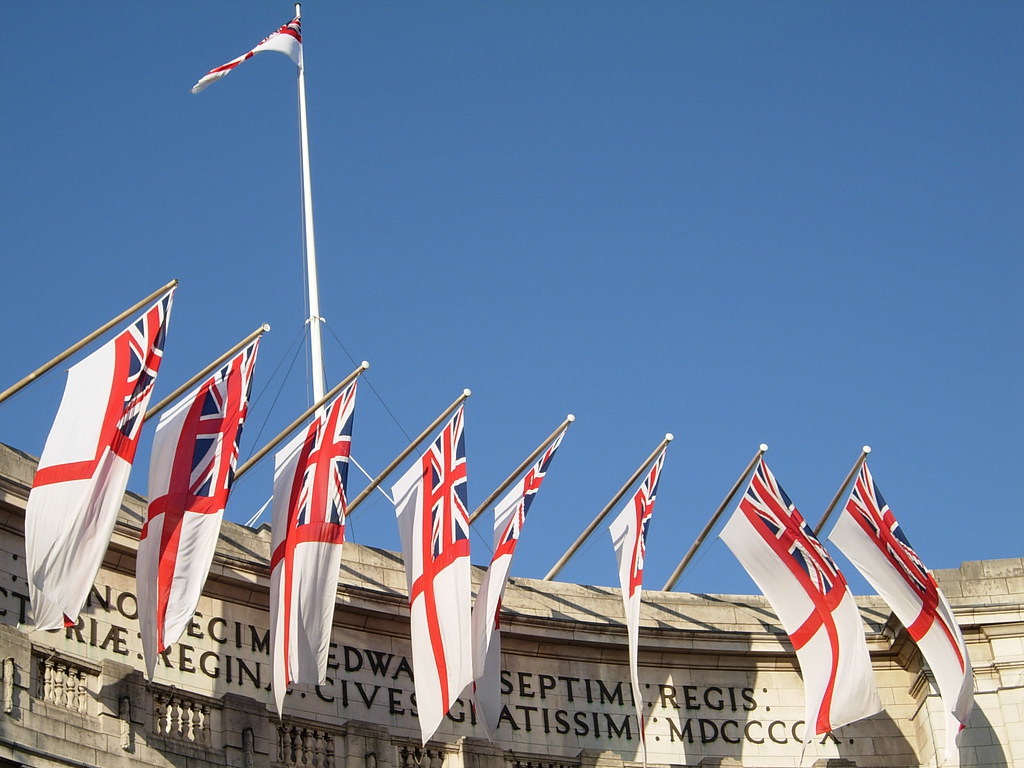
St. George’s Day occupies a complex position in the landscape of modern British identity, functioning simultaneously as a celebration of Englishness, a lightning rod for debates about nationalism, and an opportunity for communities to define their values.
Unlike St. Patrick’s Day, which enjoys widespread celebration both within and beyond Ireland, St. George’s Day has historically maintained a lower profile. This relative modesty reflects broader English ambivalence about patriotic displays and the complications of celebrating specifically English—rather than British—identity within the United Kingdom’s multinational framework.
Recent decades have seen efforts to revitalize St. George’s Day celebrations, with various stakeholders advancing different visions. Some local authorities and community organizations promote inclusive interpretations that frame St. George’s universal values of courage and sacrifice as compatible with multicultural Britain. These approaches often emphasize St. George’s Middle Eastern origins (he was born in what is now Turkey to Palestinian and Greek parents) to illustrate how English identity has always incorporated diverse influences.
Simultaneously, some groups have adopted St. George as a symbol of a more exclusionary English nationalism. The flag of St. George, once primarily associated with sporting events, particularly football, has occasionally been appropriated for political messaging about immigration and national boundaries.
These competing interpretations reflect broader tensions in contemporary British society regarding the meaning of national identity in an era of globalization, devolution, and changing demographics. For many, St. George’s Day presents an opportunity to reclaim positive expressions of Englishness distinct from both xenophobic nationalism and a homogenized Britishness that sometimes overlooks England’s specific cultural traditions.
Cultural institutions increasingly use the day as an occasion for examining the multiple strands of English heritage. Museums develop programming exploring medieval England’s connections to wider European and Middle Eastern cultures, while theaters stage productions of Shakespeare, born and died on April 23rd, that emphasize the playwright’s engagement with global influences.
The evolving significance of St. George’s Day demonstrates how traditional celebrations can serve as forums for ongoing conversations about national identity, allowing communities to negotiate the relationship between heritage and contemporary values in an increasingly interconnected world.
Discover more from Anglotees
Subscribe to get the latest posts sent to your email.
